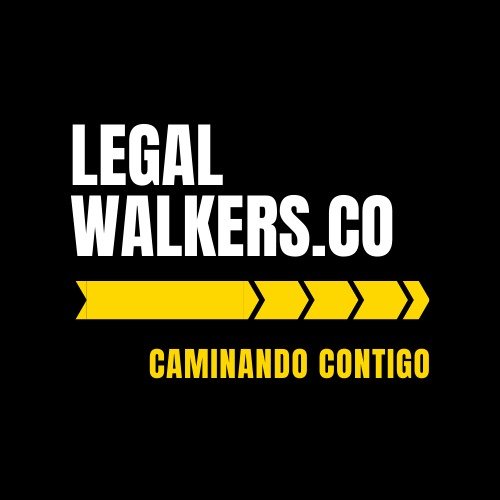
Best Divorce & Separation Lawyers in Bogotá
Share your needs with us, get contacted by law firms.
Free. Takes 2 min.
List of the best lawyers in Bogotá, Colombia

About Divorce & Separation Law in Bogotá, Colombia
In Colombia, the law offers three key mechanisms to end a marriage: annulment, separation and divorce. Each option carries its own set of requirements and legal implications, providing options suitable for a range of circumstances. Since 2005, the process for divorce has become more simplified, but it still requires careful navigation of Colombian law and understanding of individual rights and financial implications.
Why You May Need a Lawyer
Although the process for divorce and separation in Bogotá is fairly straightforward, it can involve complex negotiations regarding issues like property division, child custody, and financial support. Lawyers can provide invaluable advice, ensuring that you meet all legal requirements, understand your rights, and achieve the best possible outcome. A lawyer can likewise help you avoid potential pitfalls and assist in negotiations and court proceedings, if necessary.
Local Laws Overview
In Colombia, divorce can be granted on various grounds including adultery, extreme cruelty, habitual drunkenness or drug addiction, separation for two years, among others. The challenge lies in proving these grounds. A mutual agreement divorce option is also available, and it's often a faster and less contentious process. Custody typically defaults to the mother, but both parents maintain equal legal obligation towards the children. Division of property depends upon the marital regime chosen at the time of the marriage — community property or separation of property.
Frequently Asked Questions
Can I get a divorce in Bogotá if I was married in another country?
Yes, foreign marriages are recognized in Colombia and can be dissolved through the same legal mechanisms as Colombian marriages.
How long does the divorce process take in Bogotá?
The duration of the divorce process in Bogotá can vary widely, depending on the complexity of the case and the degree of agreement between the parties. It could take from weeks to months.
How is property divided in a divorce?
The division of property depends on the marital regime chosen at the time of the marriage. Under 'community property,' all assets and liabilities from the marriage are split equally. Under 'separation of property', each spouse maintains ownership of their own assets and liabilities.
Can I change my name after divorce?
Yes. In Colombia, you can opt to return to your maiden name after a divorce. This is a personal decision and not mandatory.
Can I represent myself in a divorce case?
While this is technically possible, it is generally not recommended. The process can be complex and difficult to navigate for non-lawyers, and some mistakes could have serious consequences. It's generally more advantageous to hire a legal professional.
Additional Resources
The Family Welfare Institute (ICBF) provides help with family law issues, including child custody and support. The Superior Council of the Judiciary and Ministry of Justice also provide useful information related to divorce proceedings. Contacting a local consulate or embassy can help foreign nationals to understand how Colombia's divorce laws intersect with those of their home countries.
Next Steps
If you are considering divorce or separation in Bogotá, the first step would be to find a qualified local attorney who specializes in family law. This can be done through personal references, online searches or contacting local legal associations. Initial consultations often provide a helpful starting point in understanding your situation and mapping out a plan of action.
The information provided on this page is intended for informational purposes only and should not be construed as legal advice. While we strive to present accurate and up-to-date information, we cannot guarantee the accuracy, completeness, or currentness of the content. Laws and regulations can change frequently, and interpretations of the law can vary. Therefore, you should consult with qualified legal professionals for specific advice tailored to your situation. We disclaim all liability for actions you take or fail to take based on any content on this page. If you find any information to be incorrect or outdated, please contact us, and we will make efforts to rectify it.


